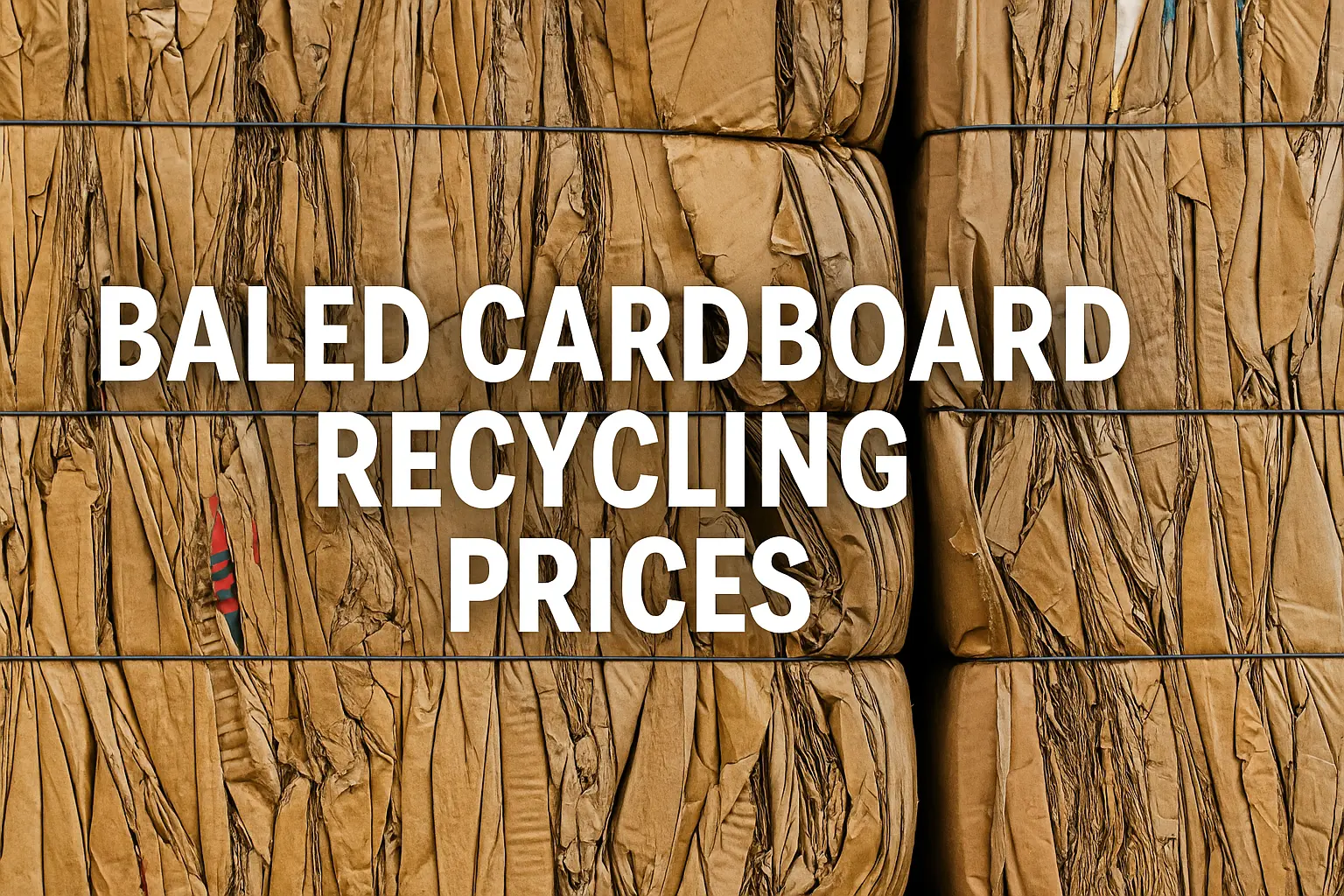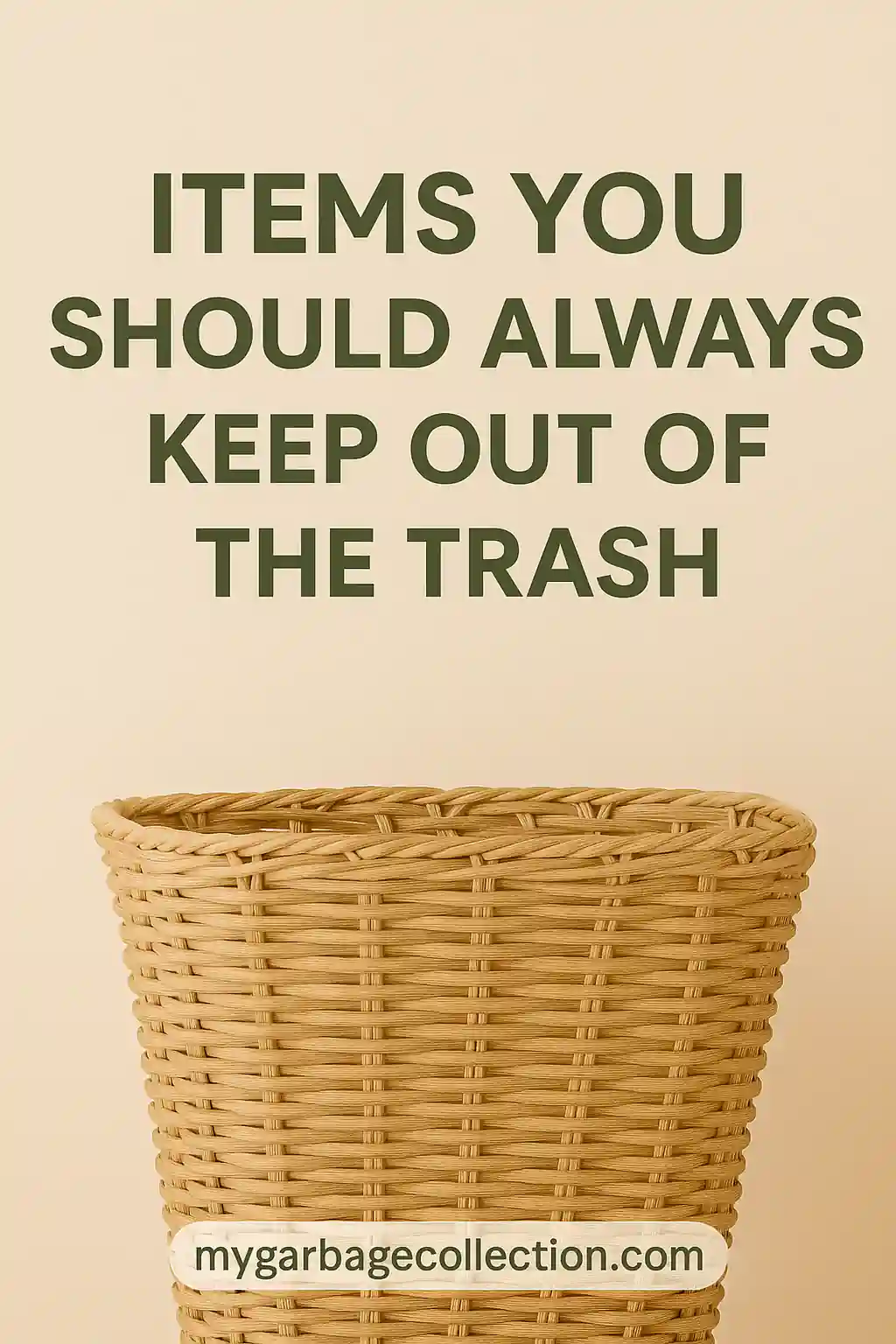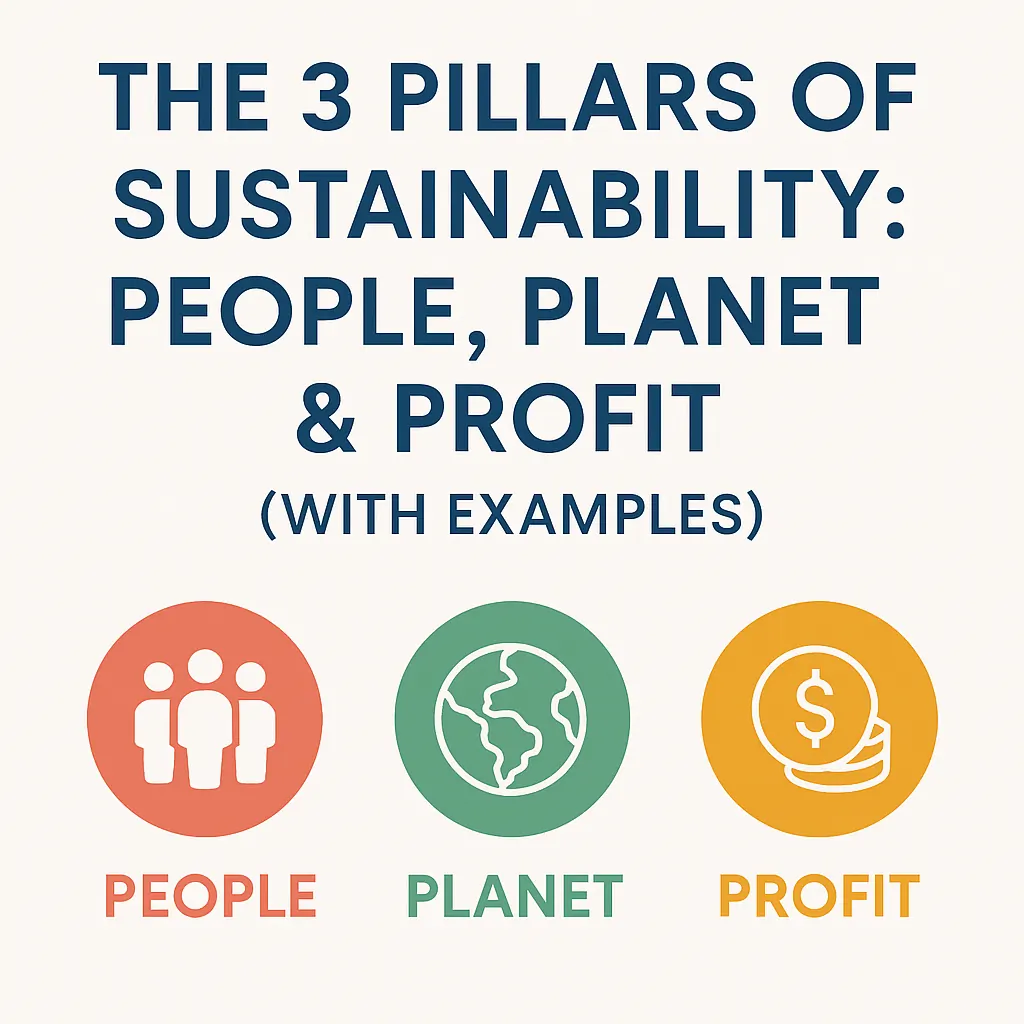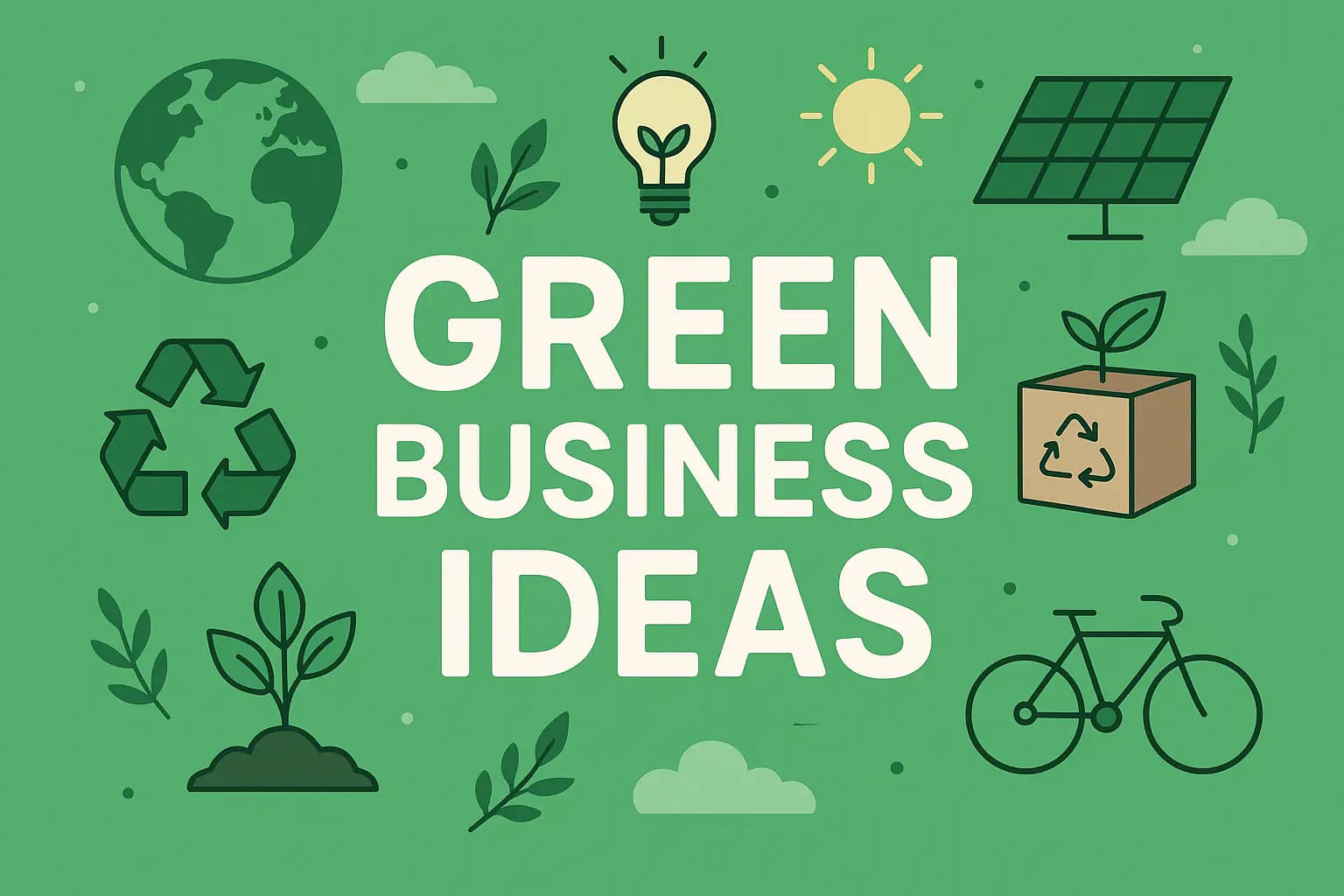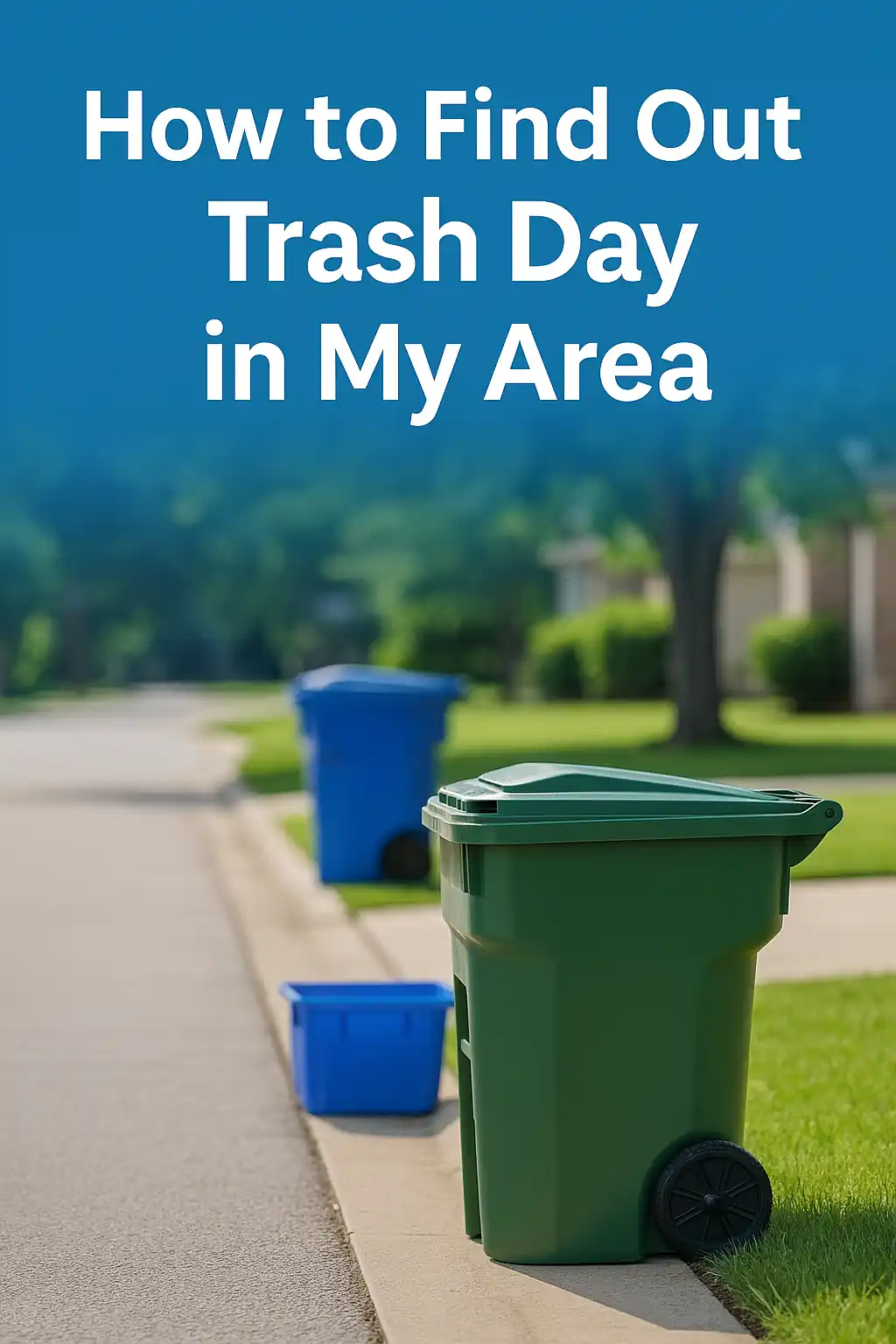What Overindulgence Does to the Planet: Real Environmental Impacts Explained
We often hear about climate change, plastic pollution, and rising carbon emissions. But one root cause often gets overlooked, overindulgence. From food waste to fast fashion, overconsumption is quietly wreaking havoc on our planet. In this article, we’ll break down the environmental implications of overindulging, showing how everyday habits, when done in excess, can lead to real, measurable damage to Earth’s ecosystems.
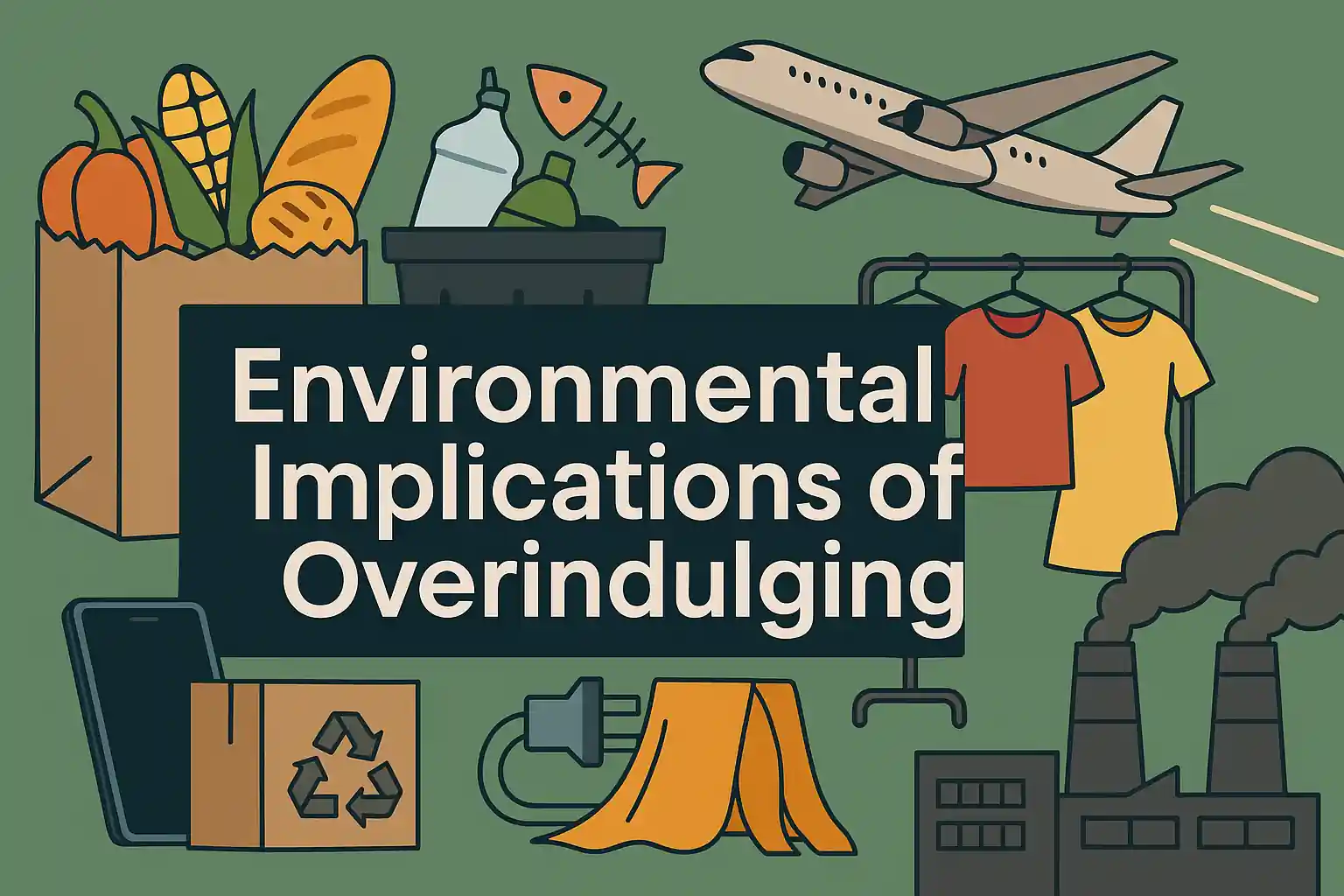
What Is Overindulgence?
Overindulgence means consuming more than you need, whether it’s food, energy, clothes, or gadgets. It’s not just about luxury; it’s about unsustainable habits that stretch beyond necessity.
Examples include:
- Buying 10 new outfits for a single season
- Eating far more calories than your body needs (and wasting leftovers)
- Leaving lights and appliances running all day
- Replacing tech devices even when they still work
These behaviors feel normal, even rewarding, but collectively, they create massive environmental burdens.
1. Food Waste and Emissions
Overindulgence in food leads to surplus production, which wastes precious resources like land, water, and energy. Globally, about one-third of all food produced is wasted.
Environmental consequences:
- Methane emissions from rotting food in landfills
- Unnecessary deforestation for agriculture
- Excessive water usage (producing one hamburger requires ~2,500 liters of water!)
The more we consume and waste, the more we force the planet to overproduce, damaging soil health, water reserves, and air quality.
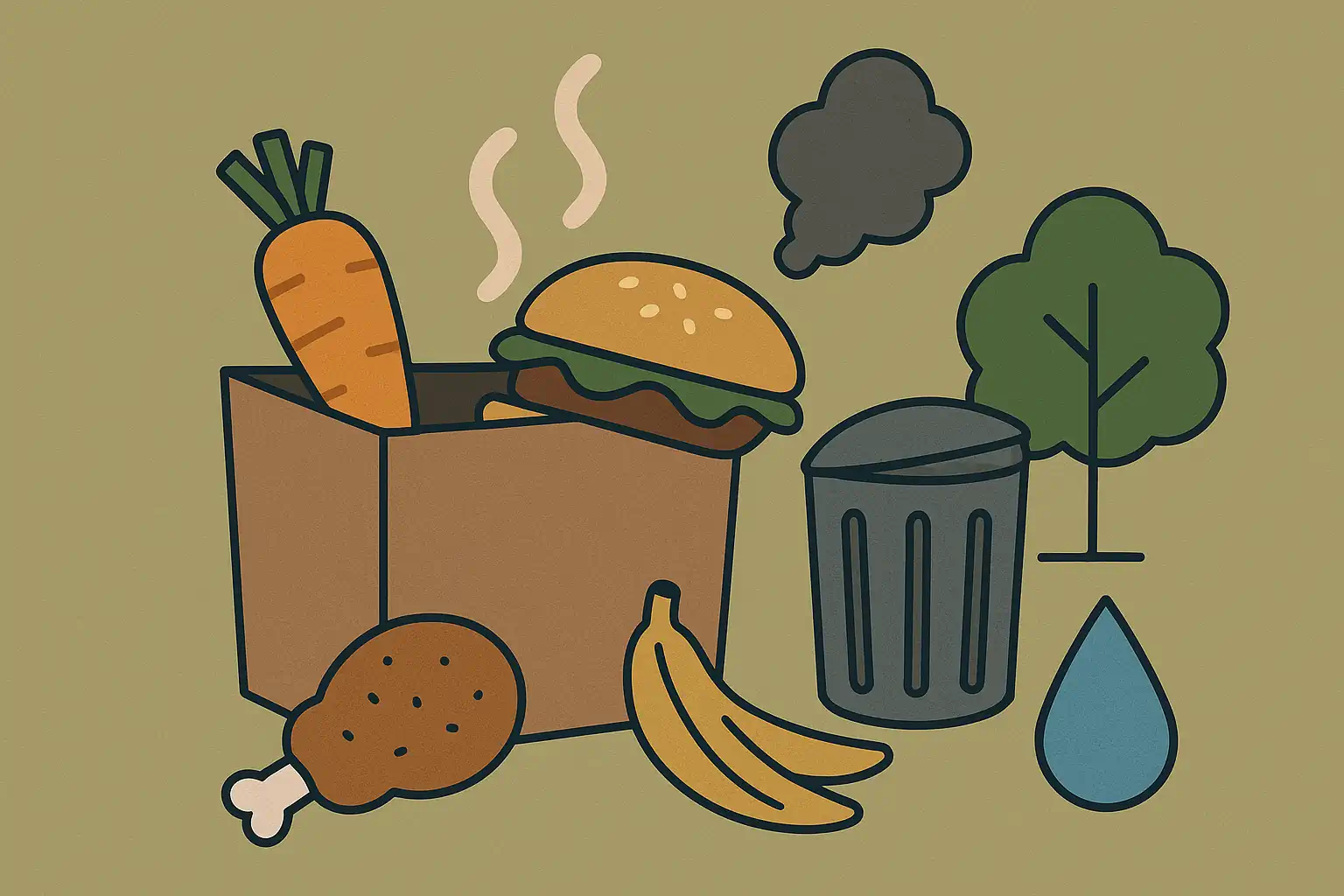
Keep your eye out on trash schedules to dump or recycle your waste on time.
2. Fast Fashion and Resource Drain
Shopping sprees may feel satisfying, but fast fashion is one of the most polluting industries on Earth.
Environmental impacts of overindulging in fashion:
- Huge carbon footprint (textile production emits more carbon than aviation)
- Toxic dyes pollute rivers in manufacturing countries
- Microfibers from synthetic clothing enter oceans with every wash
Wearing clothes only a few times before discarding them fuels a throwaway culture that’s choking landfills and ecosystems.
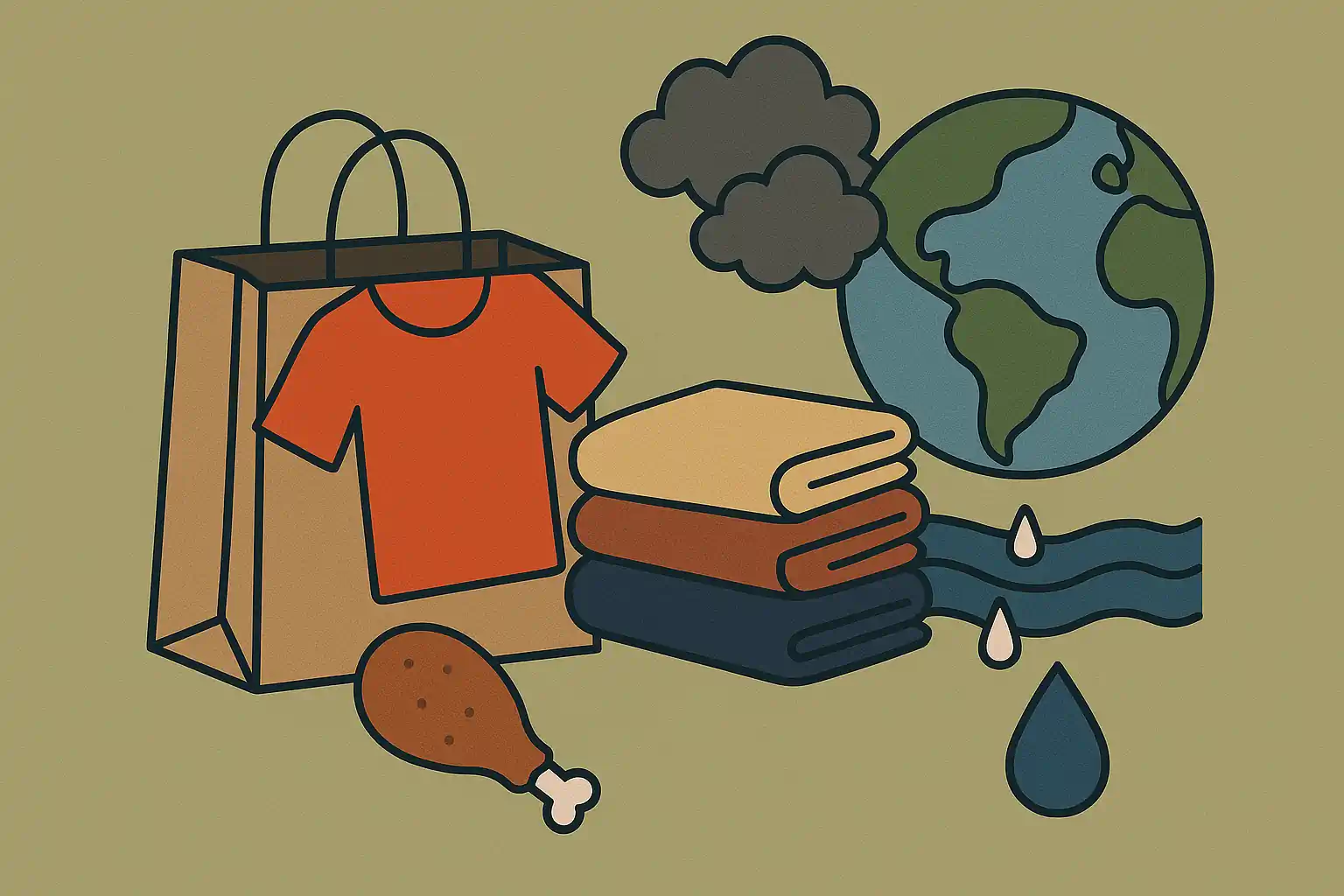
3. Energy Overuse and Climate Change
Overindulgence in energy, whether it’s blasting the AC, charging multiple devices, or driving solo in large vehicles, leads to high fossil fuel consumption.
Key issues:
- Increases greenhouse gas emissions
- Drives oil drilling, fracking, and mining
- Strains power grids and raises the demand for non-renewable resources
Every extra kilowatt-hour matters. Our convenience today means climate instability tomorrow.

4. Packaging Waste and Plastic Pollution
Buying more means more packaging, and often, more plastic.
Results of packaging overuse:
- Plastics clog oceans and kill marine life
- Incineration releases toxic chemicals
- Only 9% of plastic waste ever gets recycled
Overindulgence in consumer goods feeds a waste crisis that affects every corner of the planet — from coral reefs to Arctic ice.
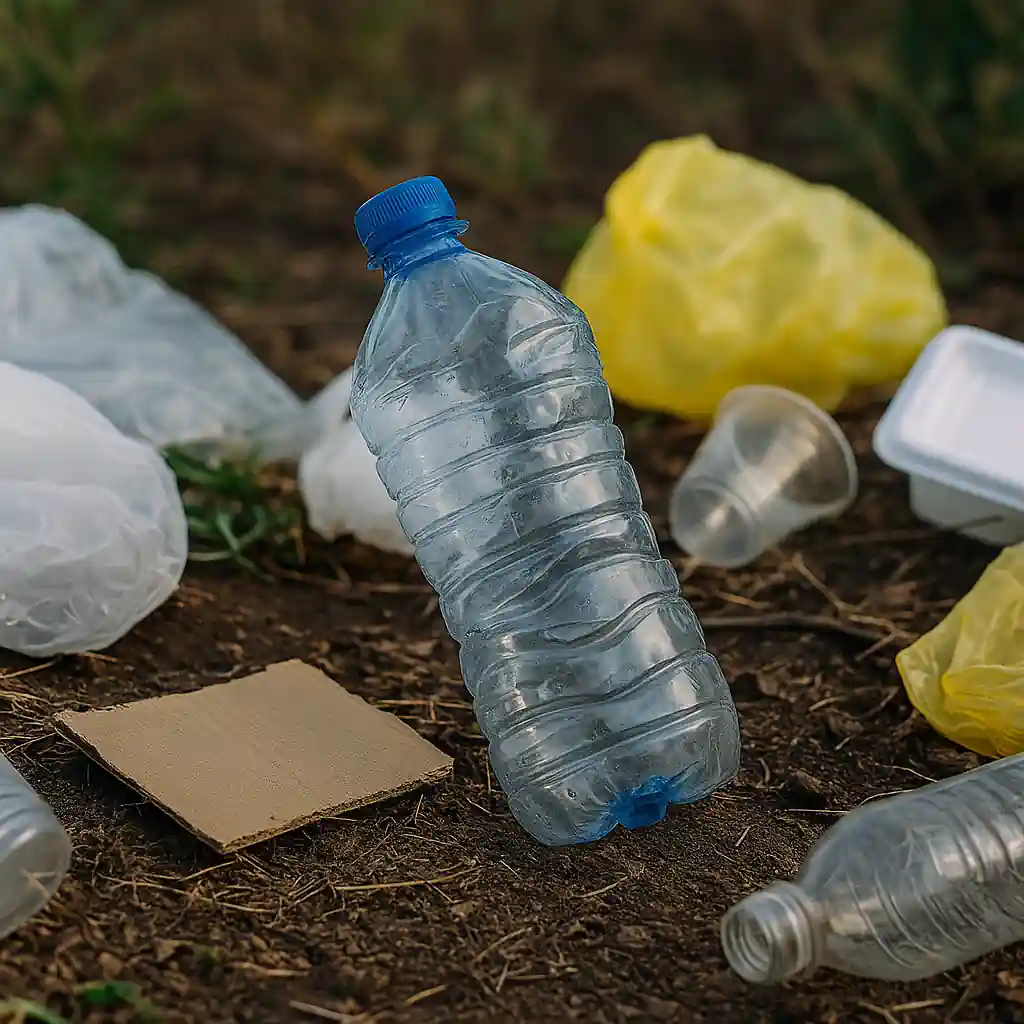
5. E-Waste and Toxic Leaks
We love tech upgrades, but dumping old gadgets is causing a silent environmental disaster.
Effects of tech overconsumption:
- Old electronics release lead, mercury, and cadmium
- Improper disposal poisons soil and groundwater
- Low-income countries face the brunt of e-waste dumping
Overindulgence in electronics contributes to a growing pile of hazardous materials that contaminate both human and animal habitats.

6. Air Travel and Carbon Emissions
Frequent flying for vacations or business trips, especially when avoidable, accelerates climate change.
- A single transatlantic flight emits more CO₂ than some people produce in a year
- Private jets and luxury travel amplify this effect
Cutting just one or two flights a year could significantly reduce your personal carbon footprint.

How Can We Consume More Responsibly?
Understanding the environmental implications of overindulging is the first step. Here’s how to make change:
- Buy less, choose better: Invest in durable, eco-friendly items
- Plan meals to avoid food waste
- Unplug devices and limit energy use
- Recycle properly and reduce plastic use
- Support sustainable brands
- Fly less, or choose carbon-offset programs
Final Thoughts
Overindulgence may feel harmless, but it comes with real and urgent environmental costs. From overflowing landfills to rising temperatures, our planet is showing the consequences of living beyond limits. By being more conscious of what and how we consume, we can help reverse the damage and build a healthier future for all.
Let’s stop feeding the problem and start living sustainably.

